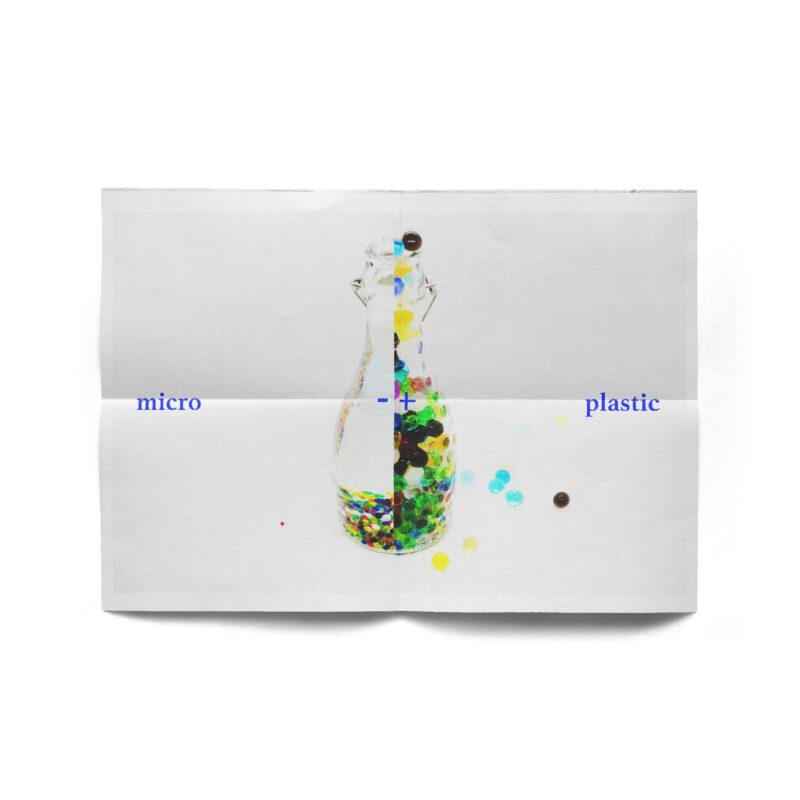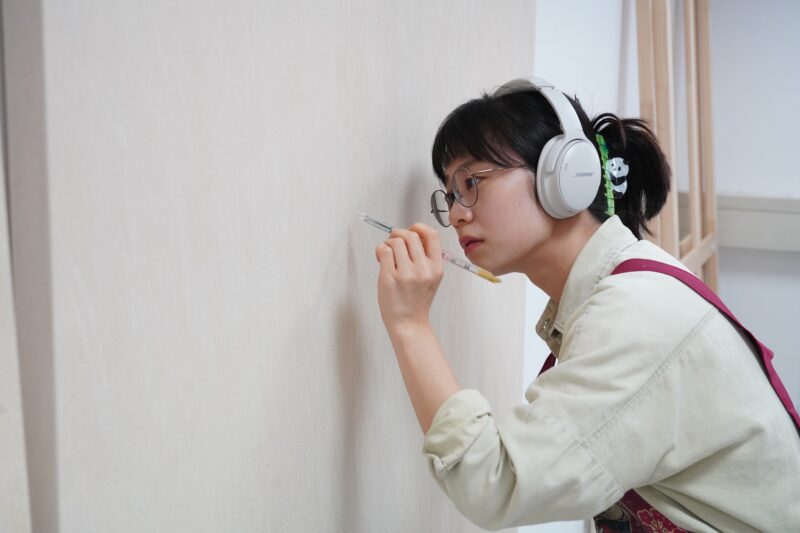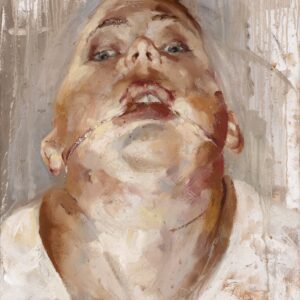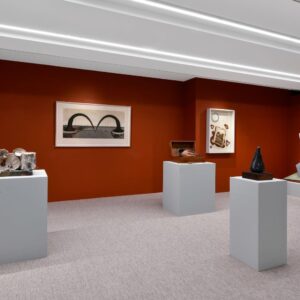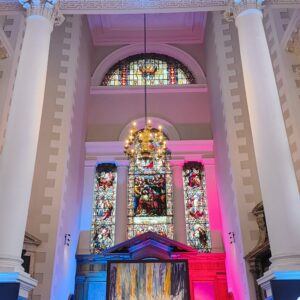The Royal College of Art (RCA) has announced the shortlist for the 2024/25 edition of the Grand Challenge, focussing on this year’s theme: Design Resilience.
Students from across the RCA’s School of Design have explored all 32 London boroughs and the City of
London to present distinctly resilient and robust design solutions to the most pressing socio-economic and ecological challenges facing local communities and stakeholders.
The Royal College of Art Grand Challenge 2024/25 is the biggest single-institution postgraduate design project in the world. The initiative promotes interdisciplinary collaboration across the School of Design’s programmes to address pressing issues affecting Greater London’s boroughs. This year over 100 teams worked towards designing solutions around climate change, health, pollution, justice, inclusion and more, that are not only robust to current risks but also have the ability to adapt, change and recover.
This year’s judging panel consists of Lead Member for Finance, Customer Services & Net Zero at the Royal Borough of Kensington and Chelsea, Councillor Johnny Thalassites alongside Founder and CEO of Yodomo, Sophie Rochester, Creative Director of Ealing Council, Sarah Gaventa and current student and previous member of the 2023/24 Grand Challenge shortlisted team Rhythm of the River, Diego Munoz.
This year’s shortlisted teams include:
Team 8 focussed on the London borough of Hackney to help tackle social housing disrepair with a particular focus on mould and damp. Using Hygroscopic ink technology they have developed a window treatment that changes colour in response to moisture levels highlighting the issue to passers by as an act of protest.
Team 9 focussed on tackling food waste in Islington. Responding to the inequities evident in the economically diverse area they have developed a system that not only reduces waste through the redistribution of surplus food but also celebrates cultural diversity through utilising ingredients
oen overlooked in Western cooking.
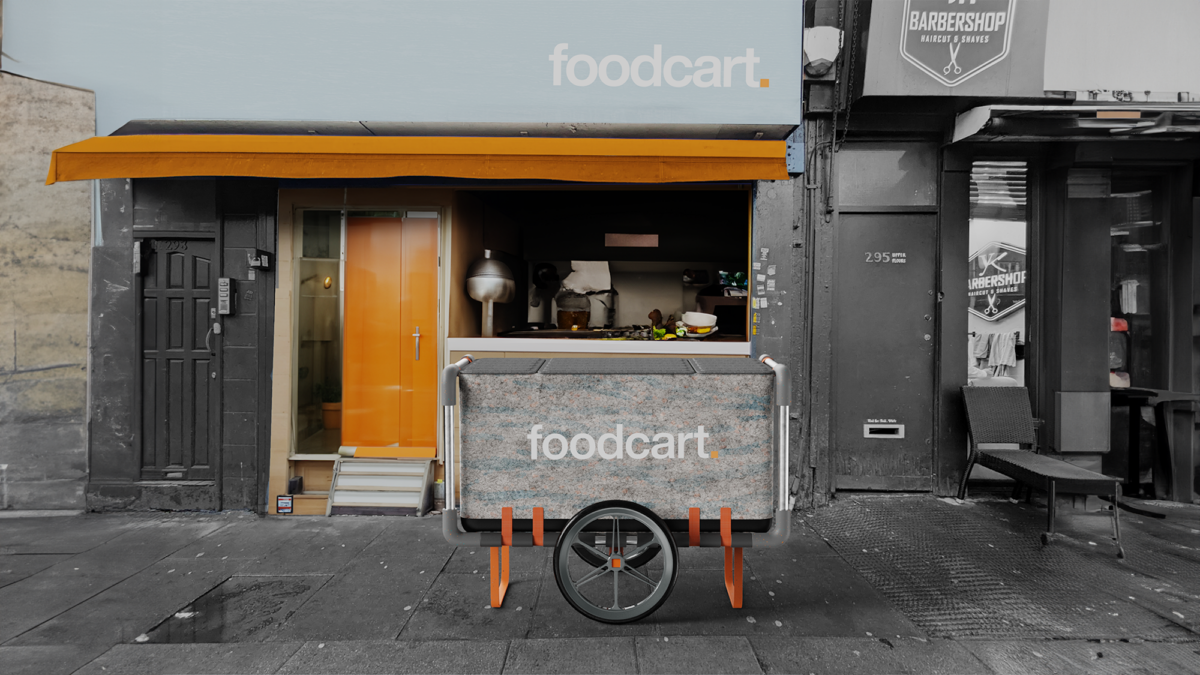
Team 17 focussed on light pollution in the suburban borough of Sutton. Their solution came in the design of Bird’s Eye, a custom light cover directing illumination downward, preventing sky glow.
Team 25 tackled the problem of dog waste in the historic Hainault forest of Redbridge through a design intervention highlighting the issue to raise awareness, dissolve tensions between dog walkers and those invested in protecting the natural environment and encourage the community to care for the woodland.
Team 26 devised an initiative called OffTheFarm Folks that brings communities together in Stratford through supporting local vendors who have suffered under gentrification through developing carts that deliver their produce directly to neighbourhoods.
Team 28 highlights the young artist community of Haringey through ethnographic research,
interviews and an interactive tapestry that amplify local voices, celebrate creativity and preserve the
borough’s artistic legacy.
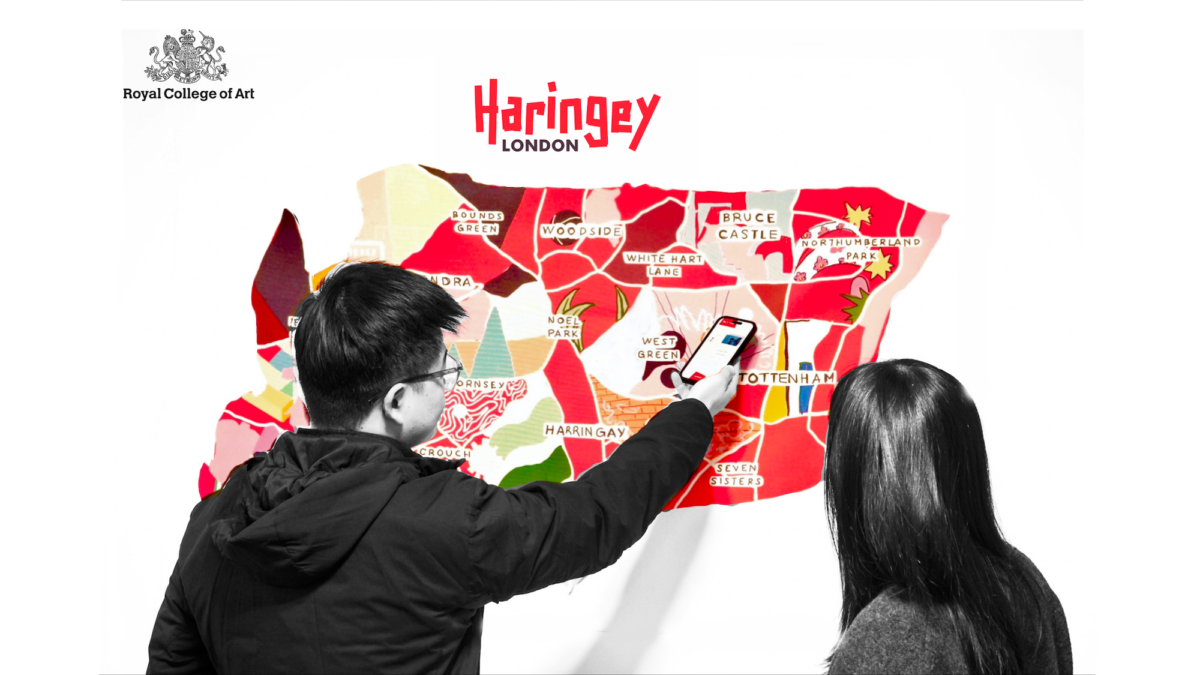
Team 34 repurposes discarded graffiti boards — used to protect buildings and homes during the
Notting Hill Carnival — as new sound systems providing safe spaces for expression. This sustainable
solution contributes to the heart of Carnival using its own visual language while also eliminating
waste, turning a temporary barrier into a lasting symbol of resilience and connection.
Team 43 focussed on waste management in the London borough of Brent. Through a new approach
reframing waste not as rubbish but as discarded items symbolising tradition within a multiethnic
community they devised a Waste festival that collectively celebrates waste and uses it as a medium
for storytelling.
Team 49 tackles the challenge of integration for the growing migrant and refugee community in Sutton through an embroidery workshop called Hands of Harmony, that offers a space for mindfulness and the opportunity to strengthen community.
Team 59 shifts perceptions about canned goods proving that affordable meals can be healthy through curated meal kits and recipes to be distributed throughout the community of Waltham Forest.
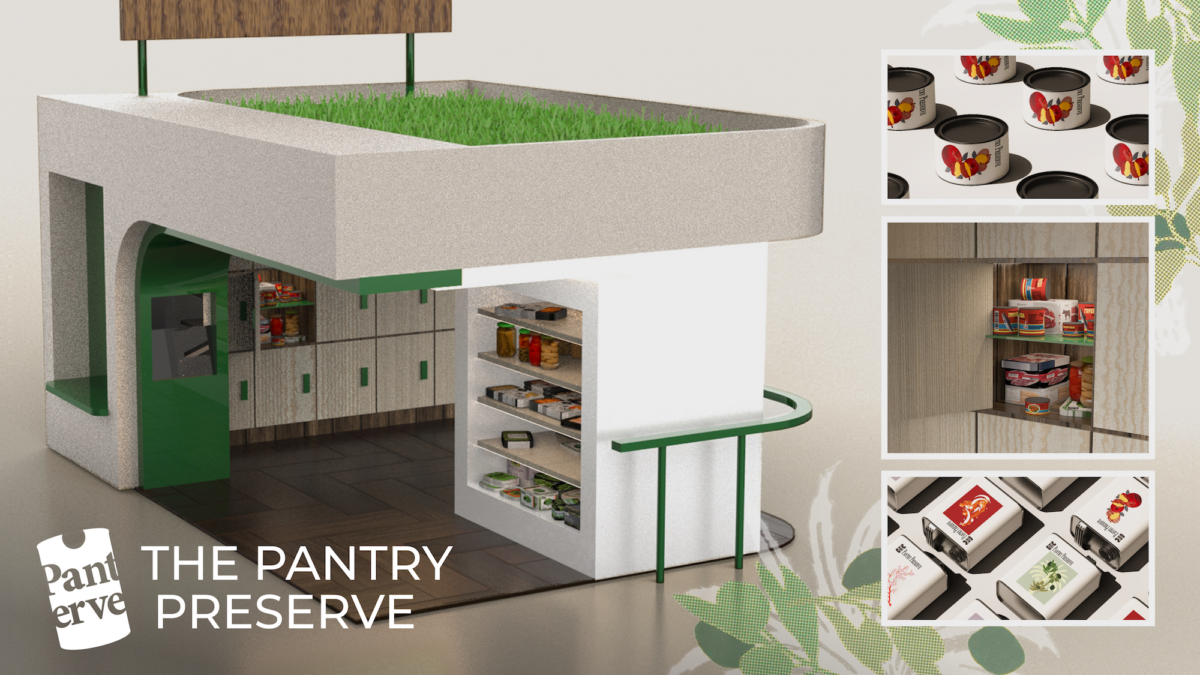
Team 66 tackle the ecological challenge of fragmented green space in Kensington and Chelsea through the design of a network of hanging gardens that are co-created with the community and allow pollinators to move more freely between spaces, supporting wildlife and providing shade to residents in summer months.
Team 67 focusses on air pollution in one of London’s most densely populated boroughs, Hammersmith and Fulham. They propose Breathe H&F, a polluted interactive tunnel offering users the option to go deeper inside, sit and feel the effects of air pollution as a means of raising awareness.
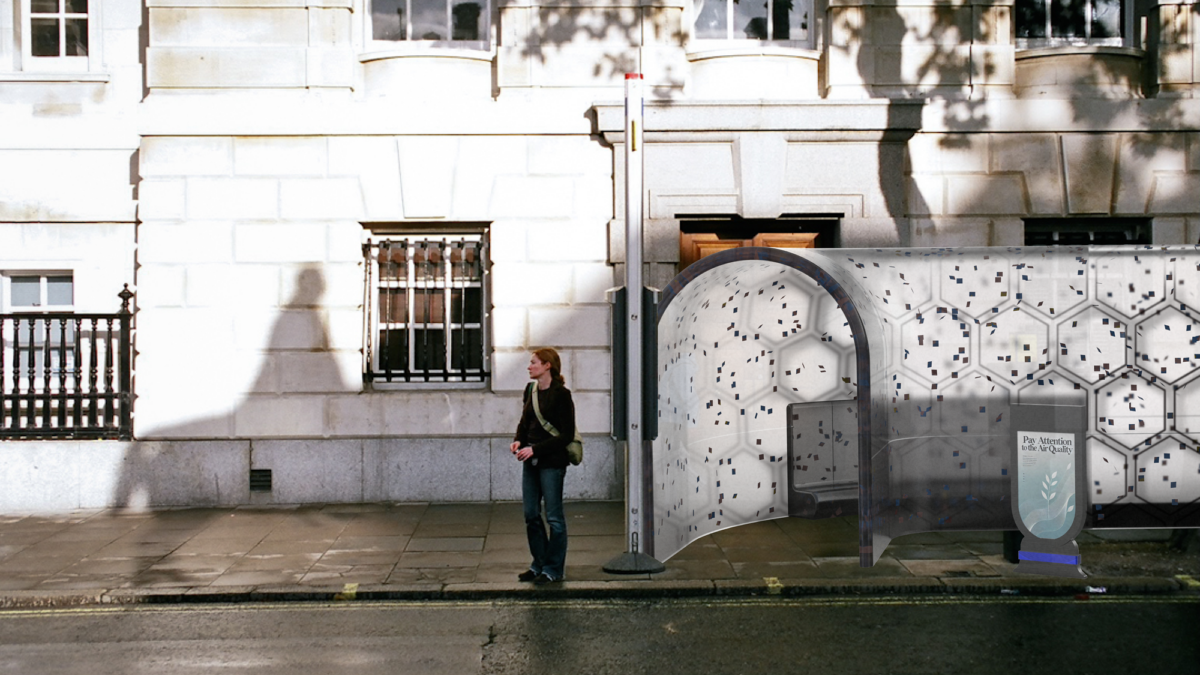
Team 76 present Resilience in Blues, a project reconnecting young audiences with Ealing’s electronic Blues culture through public installations and an online music platform.
Team 77 tackles the air pollution found in the London borough neighbouring Heathrow airport of Hounslow. They present The Moss Air Filtration system, a system 3.8 times more effective than trees
at removing the pollutants (UFP’s) that are released into the environment, from aircra engines.
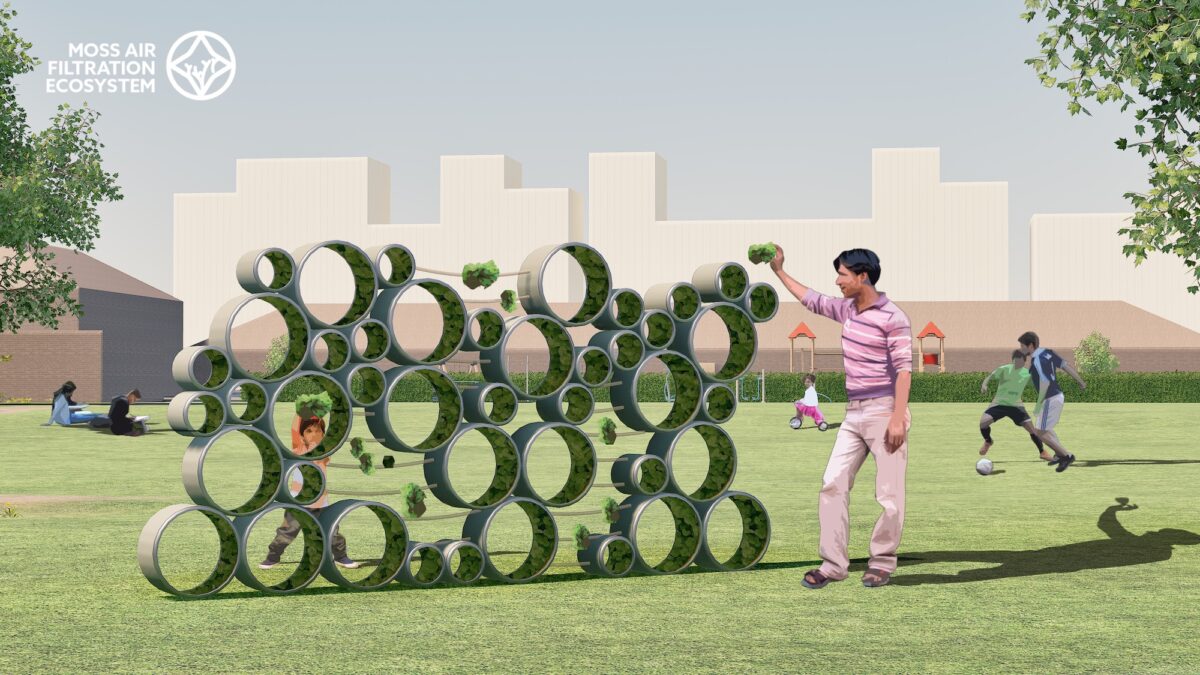
Team 82 present Whitgi Blooms, a project aiming to collaborate with private investors to revitalise Croydon’s town centre by transforming abandoned buildings into green spaces.
Team 84 explores ways to strengthen the Lewisham Donation Hub, a vital resource helping those in
need, through research, field visits and hands-on volunteering.
Team 87 who have focussed on the London borough of Havering present The Rainham Marshes, a
volunteer-run nature reserve operating under the administration of the RSPB and providing shelter
and habitat for birds and other species.
Team 100 tackles some of the challenges facing one of the UK’s oldest and largest prisons located in
the London borough of Wandsworth through humanistic, spatially innovative design solutions that
improve the poor conditions found within prison cells, such as a lack of privacy and spatial autonomy.

Kerry Curtis, Acting Dean of the Royal College of Art School of Design said:
‘The RCA Grand Challenge 2024/25 brings together students from across the School of Design, orchestrating an exchange of questions and ideas towards advocating for Design Resilience across disciplines and communities. The diversity of conversations and research-led practice across disciplines is truly inspiring. We look forward to celebrating the current and future successes of these critical responses to our global challenges.’
The RCA Grand Challenge 2024/25 is being led by an team from across the School of Design: Dr Ali
Mohammed (Senior Tutor, Research, MA Design Products), Dr Savithri Bartlett (Senior Tutor, Research, MA Fashion), Dr Richard Atkinson (Senior Tutor, MA Service Design), Tristan Webber (Senior Tutor, MA Fashion) and Vivienne Wen Du (Administrator).
More information on the Royal College of Art Grand Challenge can be found HERE
